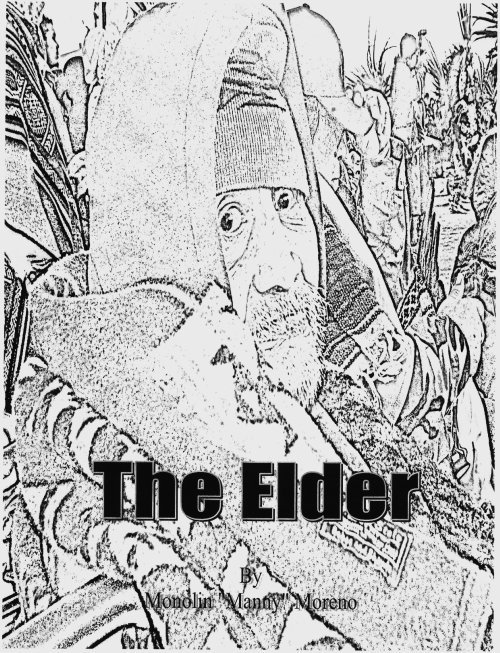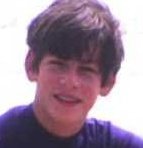Manny Moreno Site
Jack, tough and unrelenting (applying what some California Indians call the “elder hammer”), teaches the author, and many other recovering alcohol and drug addicts (at the Central Valley recovery lodge he helped sustain), the importance of health, commitment to community, and sensitivity to the suffering of others, no matter what their backgrounds. And the author, young and hardheaded when they first meet and seeking refuge from gang-infested Stockton, is not easy to teach.
Review: In Writing A Tribute Writer Shares His Own Destiny...
Interview by Livingston Chronicle
Comment: At 63 pages including photos, The Elder is a slight book. But I'm glad I read it.
It's relatively rare to see the struggle of urban Natives in fiction. Mysteries such as Tony Hillerman's present middle-class Native professionals. A few movies--e.g., The Exiles, Four Sheets to the Wind, and The Business of Fancydancing--and Sherman Alexie's stories give you a hint of what it's like.
Moreno survives a youth filled with alcohol and petty crime. He works menial jobs for room and board. He lives in a trailer or a friend's rented room. He shuttles between the city, a recovery center, and an occasional sweat lodge or powwow.
It could almost be a sequel to The Exiles. A couple of decades after drinking to excess, running with bad crowds, and being locked up, he's more or less hit bottom. Now he's middle-aged and searching for meaning in his life.
Enter the elder
Moreno has an off-and-on relationship with Harry Jack, a Navajo powwow dancer and prayer leader. At first, Harry treats him with disdain, yelling at him or ignoring him. Moreno has to learn patience and fortitude to endure the harsh treatment.
But when Harry has a stroke, he calls upon Moreno to help him. Moreno becomes his driver, keeper, and ceremonial assistant. He learns more about compassion and helping others. Eventually Moreno rails against those who don't visit elders like Harry or treat them with respect.
Finally, Moreno wonders who will perform the ceremonies when Harry is gone. He finds that others expect him to lead a prayer or pour water for a sweat lodge. He's come full circle, growing from a troubled young man into a respected elder himself.
If you want to know how Indians live on the margins of the white man's world, The Elder is a good start. It presents a slice of Native life we seldom see. Rob's rating: 8.0 of 10.
You can order the book directly from Moreno's website and have him autograph it for you.
For more on the subject, see The Best Indian Books.










0 comments:
Post a Comment
Links to this post
Create a Link